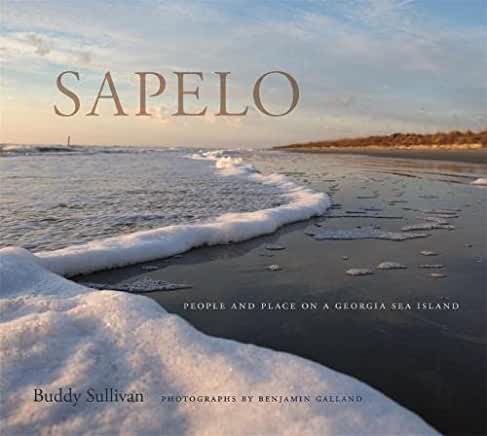
description
5
Sapelo, a state-protected barrier island off the Georgia coast, is one of the state's greatest treasures. Presently owned almost exclusively by the state and managed by the Georgia Department of Natural Resources, Sapelo features unique nature charac-teristics that have made it a locus for scientific research and ecological conservation. Beginning in 1949, when then Sapelo owner R. J. Reynolds Jr. founded the Sapelo Island Research Foundation and funded the research of biologist Eugene Odum, UGA's study of the island's fragile wetlands helped foster the modern ecology movement.
With this book, Buddy Sullivan covers the full range of the island's history, including Native American inhabitants; Spanish missions; the antebellum plantation of the innovative Thomas Spalding; the African American settlement of the island after the Civil War; Sapelo's two twentieth-century millionaire owners, Howard E. Coffin and R. J. Reynolds Jr., and the development of the University of Georgia Marine Institute; the state of Georgia acquisition; and the transition of Sapelo's multiple African American communities into one. Sapelo Island's history also offers insights into the unique cultural circumstances of the residents of the community of Hog Hammock. Sullivan provides in-depth examination of the important correlation between Sapelo's culturally significant Geechee communities and the succession of private and state owners of the island. The book's thematic approach is one of "people and place" how prevailing environmental conditions influenced the way white and black owners used the land over generations, from agriculture in the past to island management in the present. Enhanced by a large selection of contemporary color photographs of the island as well as a selection of archival images and maps, Sapelo documents a unique island history.member goods
No member items were found under this heading.
Return Policy
All sales are final
Shipping
No special shipping considerations available.
Shipping fees determined at checkout.







